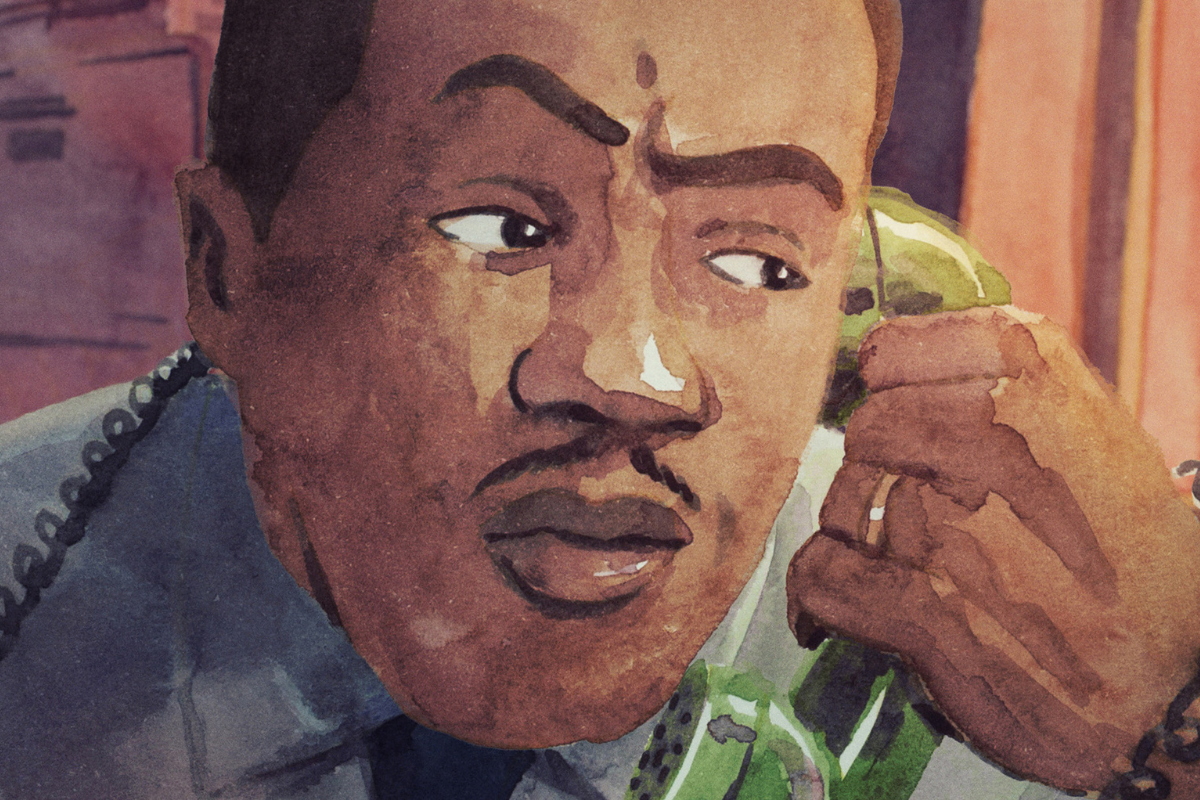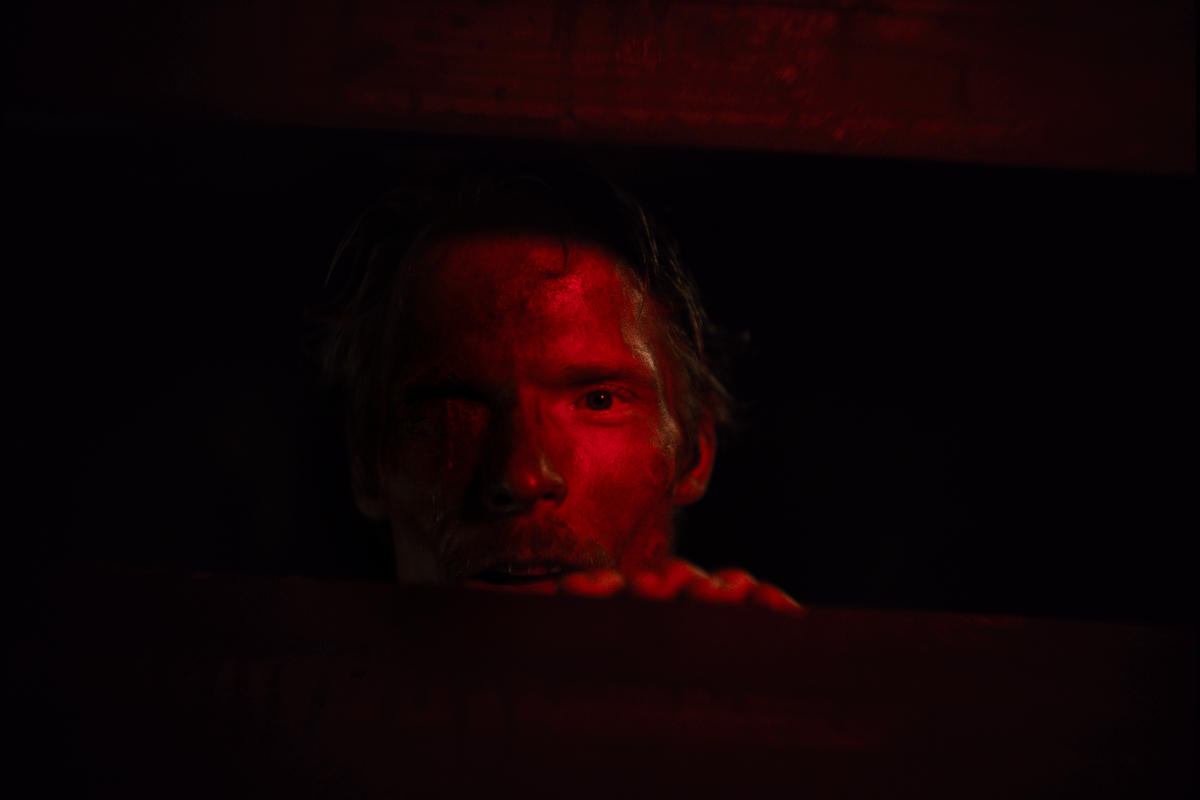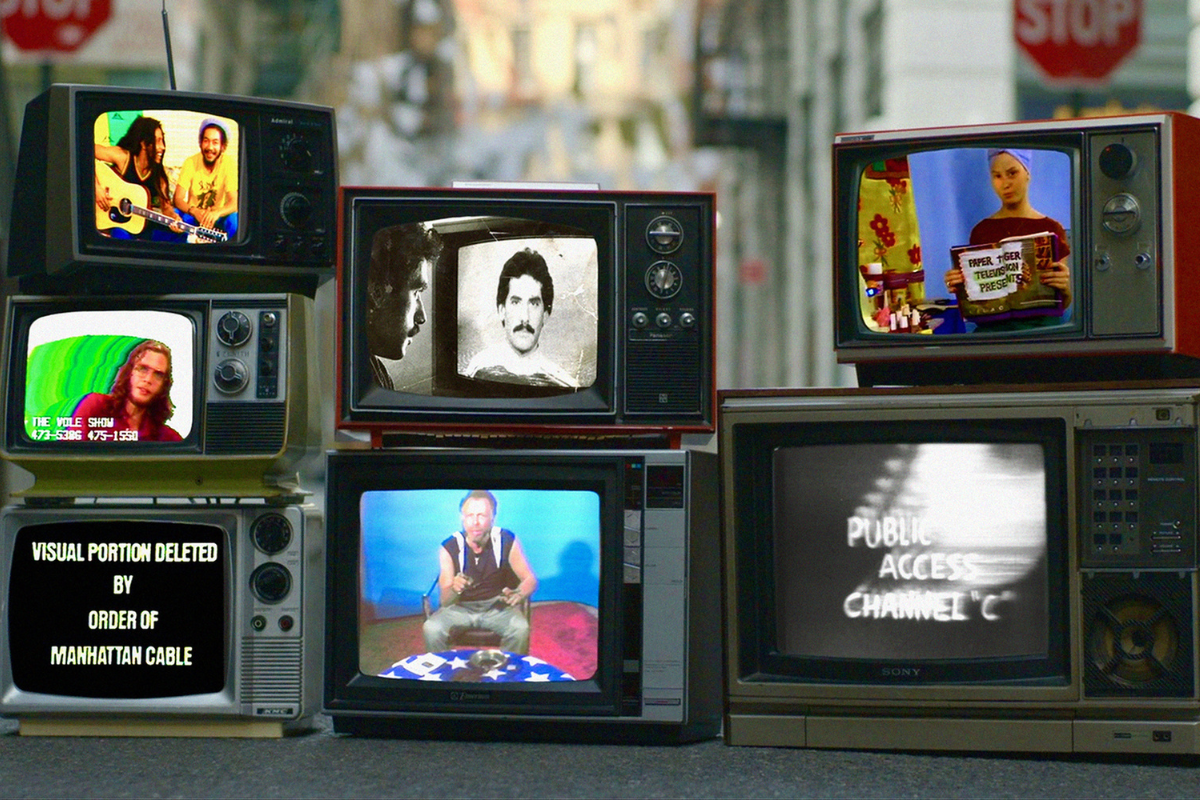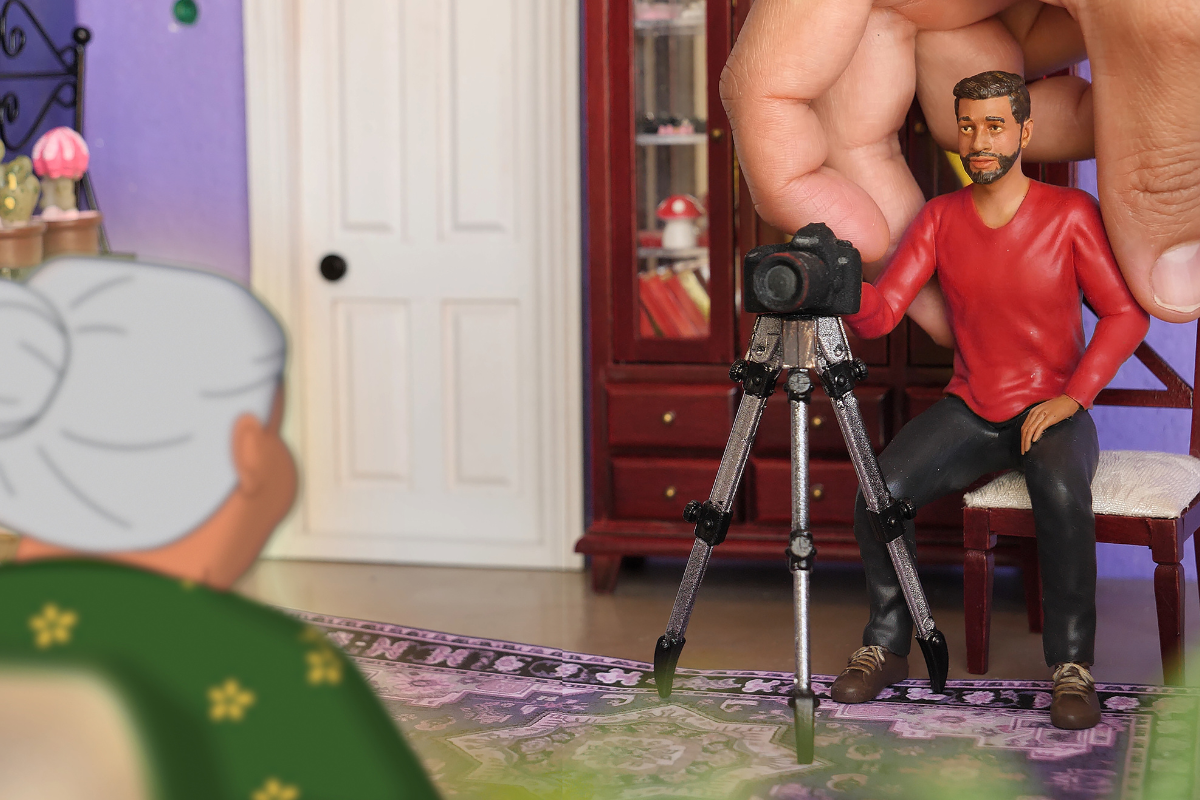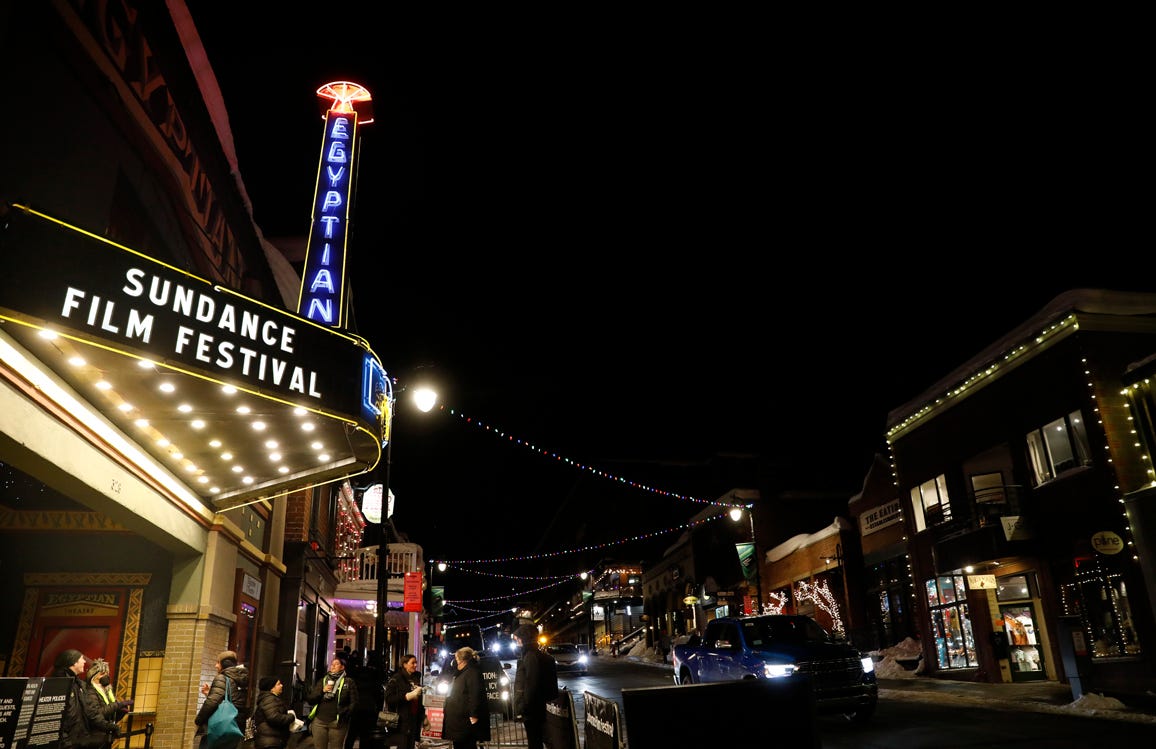TRUE INDIE: Interview with Breckenridge Film Festival Executive Board
Rebecca Norris talks with executive board members of the Breckenridge Film Festival for an inside scoop on what they look for in film submissions.
Rebecca Norris is a writer and filmmaker with her production company Freebird Entertainment. Her award-winning self-produced feature film, Cloudy With a Chance of Sunshine, is currently on the festival circuit. Rebecca also writes the Writers on the Web column for ScriptMag where she explores the production process of creating web series, and enjoys teaches screenwriting classes and webinars through Screenwriters University and The Writers Store. Rebecca is also a busy script analyst who has read for multiple contests and production companies. Follow Rebecca on Twitter at @beckaroohoo!
As many major festivals have transitioned much more into ‘film markets’ than festivals, per se, where star power and commercial viability are of utmost importance, it’s crucial to have a place for new and emerging indie filmmakers to showcase their work. So it’s always refreshing to find a film festival that truly cares about independent film and discovering fledgling artists and compelling stories that might otherwise get overlooked.
Such a festival is the Breckenridge Film Festival, which I had the pleasure of attending back in September. One of the oldest and most well-respected festivals in the U.S., BFF is entering its 37th year and is still going strong! I was excited to have the opportunity to interview Janice Kurbjun, the festival’s Executive Director, Dianna Nilsson, Programming Director, and Howard Cook, a BFF Board Member and professor at the University of Colorado, Denver about their take on the indie film world and what they look for in film submissions.
Rebecca: You're clearly passionate about independent film - what is it about independent film and filmmakers that drives you to undertake the incredible amount of work it must take to put on such a well-organized festival?
Janice: Seeing all the amazing films on screen and watching all the talent that created those films gather in one place for a long weekend is a powerful experience that isn't easily duplicated. By extension, seeing our community engage over the art of film and the contents therein is also not easily duplicated.
Being a media geek through-and-through, I believe in the power of storytelling to impact lives, so journalism, film, radio, television all have a soft spot in my world. But the beauty of a film festival in particular is in seeing so many perspectives from around the world come together in such a concentrated filmmaker and festivalgoer experience.
Howard: As an artist, I think the creative independence found in visual storytelling and the support of the community of artists who make independent films embodies the diversity, innovation, and uniqueness of vision I look for in my own work as well as the work of the students I teach. The diversity of the film industry really springs from the independent film world and not so much from the studios. The filmmakers that we bring to the Breckenridge Film Festival are the kind of filmmakers that take chances to do things that the studios wouldn't normally do, and that gives us a chance as viewers to see new, diverse ideas and really amazing storytelling.
I believe the role of BFF is to support those independent filmmakers in every way that we can. We produce the Breckenridge Film Festival to recognize the finest achievements of independent filmmakers and to showcase select new works from emerging and established independent storytellers. It is a great platform in a beautiful place to allow those filmmakers to come together to celebrate their work and the work of others. We bring socially relevant independent films to this wonderful and beautiful mountain town. We do so in a way that does create, if only for four days, a vibrant and positive creative community of filmmakers, artists, film enthusiasts, and just those who like to see new and exciting visual stories.
Even as an individual who works in independent film, I fully believe in the role that cinema plays in expanding thought opinions and empathy for our fellow humans. Filmmakers do not have a moral obligation to create socially conscious, empathy-inducing films. Their only obligation is to entertain. However, for me, I value the films that nestle their way into our brains and curl up and wait. Occasionally they scratch from the inside begging you to acknowledge them, to remember that they firmly planted themselves into your thoughts. Great cinema makes you think. It makes you think differently, and that is important. The Breckenridge Film Festival is here to support, develop, and protect that very golden nugget of independent filmmaking.
Rebecca: What do you feel sets your festival apart from others, and what is the special thing that you feel is uniquely Breck Film Fest?
Janice: The fact that this festival takes place in beautiful Breckenridge, Colorado - in the fall, no less - makes Breck Film Fest special. It's another resort town, sure, but the heart and soul of Breckenridge remains authentically real, and I think filmmakers and guests sense that when they attend the festival. In addition, this festival focuses on creating a genuine experience for the filmmakers, where they can network, engage, dream up ideas, and generally enjoy themselves. We want filmmakers to be accessible to audiences, as well, because that's what independent film is about.
Howard: Well, first off, you're at a festival that’s above 9000 feet. That's pretty unusual in itself. Add to that the time of year when the leaves are turning, the sky is blue, and the air crisp and clear, it becomes a pretty unique place to showcase film. This year was our 36th year, and probably one of our most successful. It's pretty exciting when we get filmgoers from Summit County in the local region as well as the front Range coming to me, and interacting with filmmakers from across the globe, in a low-key and very chill environment. We're here for the films. This is not a "film marketplace" like Sundance or Toronto. It's all about finding new, interesting, and exciting independent films and showcasing those for the public in a way that they would not usually get to see them.
Rebecca: What kinds of films are your favorite, and what types of films do you wish more filmmakers would submit?
Janice: Personally, I enjoy short films of all kinds. My absolute favorites are well-edited, acted, and directed short comedies, but I love films from across the spectrum. Which is why we program a diverse slate of films during each festival so there's truly something for everyone. I wish filmmakers would submit more tight documentaries. Being a former journalist, I know how hard it is to succinctly present a concept that's been researched for days, let alone years. But also as a former journalist, I recognize the power of a great editor.
Howard: That's always a tough question to answer. Depends on the day, the time, the month, my mood. I think what we're looking for is just really great intriguing and interesting films no matter the subject matter. We love action films. We love drama. We love animation. We love comedy. It goes on and on! We don't try to be specific to any one genre; we just want to showcase great, amazing films. I believe that festivals like BFF exist because it may be the only way that some viewers see independent cinema and therefore will see truthful filmmaking. It's the only time that they see a film that might or does tell their story. That's powerful.
Rebecca: What can an independent filmmaker do to get on the radar of a well-established festival like Breck Film Fest? Does Breck Film Fest program directly from the submissions themselves, or curate specific films?
Dianna: Submit your film! If it's a quality film with a great story, it's very likely to get in. Our reviewers have a good eye for great films. Some of our films are curated/solicited, like the Opening Night and any big premieres.
Howard: Submitting to our festival is always going to be important. It helps us run and it is a critical source of new and exciting content. We find that we get really great gems of independent filmmaking from the submission process. However, we will be curating more films in the future. I think the best way is to reach out to us and tell us about your film. We're always interested in seeing fine films and looking at the possibilities for our attendees to see them. We do see a strong future for us as a festival in curating more and more films and not totally relying on submissions. We will have a healthy mix of both.
Rebecca: What do you look for in film submissions, and what is the ideal type of film for Breck Film Fest?
Dianna: There is no “ideal” type of film for BFF. We look for quality filmmaking and a great story. Opinions and audiences are subjective so we try to cover a range of topics and genres that will appeal to a broad base. We get the most submissions in the Documentary and Short Drama categories. Adventure films and shorts are very popular with our audience.
Rebecca: Do you have any advice for screenwriters who are looking to produce and submit their own material to BFF?
Janice: I believe in stories that are visual. Whether it's painting an image with words on paper or drumming up emotion through acting on screen, these are the stories that bite. It seems that most independent filmmakers write, direct, produce, and generally do everything for their own films, but I've seen filmmakers connect on project ideas at the Breck Film Fest, so it's not unheard of to find partners in independent film at the festival!
Howard: Right now getting your script turned into a film is going to be the best way for you to be able to showcase at BFF. However, we're going to start looking at possibly including some sort of screenwriting contest. We're not sure where that's going to lead, but there is something like that coming in the future. Stay tuned!
Needless to say, most if not all film starts with the script. Build a community. Find people that want to make independent films. I know that's not easy sometimes but that is what this is all about: making films.
Rebecca: Anything you wish you would see more or less of when it comes to submissions?
Dianna: We would like to see more comedies/short comedies submitted. It's hard to find good comedies. And we would like to see documentaries with better editing.
Rebecca: Dianna, what catches your eye about a screenplay that would make you and your team consider it for the Best Screenplay award?
Dianna: Uniqueness, creativity, a touching story, high ratings from the reviewers in that particular aspect of the film.
Rebecca: What advice do you have for writers who are looking to produce their own work?
Howard: It's an understatement to say that Hollywood has become less concerned with, or maybe they were never truly concerned with, making films that are socially conscious. So that role is left to the independent filmmakers and screenwriters. Write scripts that tell compelling stories that not only challenge the viewer but entertain them as well. When an independent film comes to your community, support it, champion it, sing its praises on social media and use that experience of seeing a great independent film as inspiration to write compelling stories. I don't really have anything that I particularly want to see other than really great stories. It doesn't matter the genre: if it's great, it's great, and I want to see it.
Learn more about the Breckenridge Film Festival at its Official Website!
- More articles by Rebecca Norris
- True Indie: Review of Breckenridge Film Festival
- True Indie: Film Festivals - A Guide to the Good, the Bad and the Ugly
Rebecca Norris' Screenwriters University Class -
Create a Viral Webseries
Rebecca Norris Resnick is a screenwriter, filmmaker, instructor for Writer’s Digest University, and columnist for Script Magazine. Distributed features include Cloudy With a Chance of Sunshine (Indie Rights and House Lights Media) and short films On Becoming a Man (Shorts International) and Toasted, which won the Canadian Film Centre’s ShortsNonStop competition. Rebecca’s films have screened in festivals worldwide including Cannes, Dances With Films, Hollyshorts, Manhattan Film Festival, Breckenridge Film Festival, and the Julien Dubuque Film Festival, and have won and been nominated for numerous awards. Rebecca is also an alumna of the ABC/Disney Television Discovers program, where her script Misfortune Cookies was performed in both New York and Los Angeles. When not working on her newest project, Rebecca stays on her toes chasing both her adorable daughter and her tuxedo cat, Sox.
Learn more about Rebecca at rebeccanorrisresnick.com.


